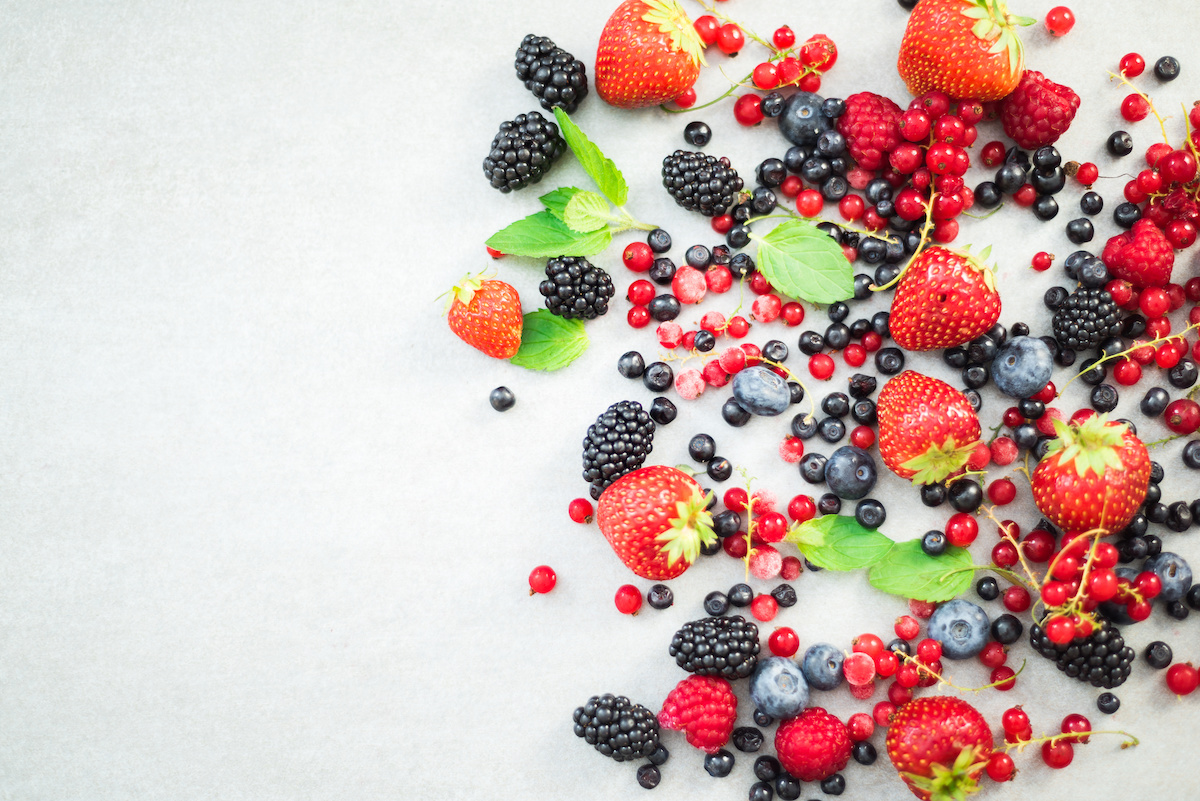 Would you believe it if we told you, you can further protect your skin from sun damage by changing your diet? It’s not a magic bullet, nor will it replace your recommended sunscreen, but antioxidants are a clever way to minimize the impact of sun exposure on your skin. So, what are antioxidants and how do they work?
Would you believe it if we told you, you can further protect your skin from sun damage by changing your diet? It’s not a magic bullet, nor will it replace your recommended sunscreen, but antioxidants are a clever way to minimize the impact of sun exposure on your skin. So, what are antioxidants and how do they work?
What Are Antioxidants?
“Antioxidants fight the oxidation of your cells,” shares Misty Gray, RN and aesthetic expert at Sanova Dermatology. This is important because oxidation is what damages your cells. Oxidative stress is thought to increase and compound the detrimental effects of aging. This is because oxidation is thought to quicken the creation of the free radicals known to create things such as age spots and wrinkles. They may also weaken the immune system which is thought to increase the likelihood of developing skin cancer.
Luckily, antioxidants are contained in many things you may already consume every day. This means your consumption of antioxidants can be easily increased. Antioxidants are can be found in things such as beta-carotene, selenium, manganese. It can also be found in vitamins C and E.
Further, antioxidants are stored in many plants, existing in compounds such as phenols, phytoestrogens, flavonoids, and polyphenols. All of these have been shown to prevent oxidation and thus cell damage.
How Can Antioxidants Help Protect My Skin?
While sunscreen is helpful for many things, it does little to reverse the impact of free radical damage. Free radicals can damage the integrity of your skin and leave you more vulnerable to environmental damage. This is where antioxidants come in. Antioxidants help stymie the creation of free radicals. “They also, paired with sunscreen, help prevent sunburn and can protect against and even reflect UV rays,” Gray says. Other antioxidants cause the absorption of UV rays.
The many antioxidants all work differently and provide varying protectiveness against sun damage. For example, carotenoids—found in things like tomatoes or carrots—allow the skin to reflect UV rays. Flavanols—found in tea—and polyphenols—found in chocolate and red wine—can help prevent sunburn by 20%. The carotenoid Lutein is found in kale and spinach and it protects your skin against UVB rays. These are the ultraviolet rays that burn your skin.
Researchers share that the benefits of antioxidant use do take several weeks to manifest, but science has proven antioxidants do work.
Are you interested in increasing the number of antioxidants in your diet? Cauliflower, blueberries, leafy greens, green tea, and carrots are all antioxidant rich.
“Beware, this still doesn’t mean you can skip applying your sunscreen,” Gray emphasizes.
Contact Us
Contact us for more information on how to most appropriately safeguard and protect your skin against damage!
